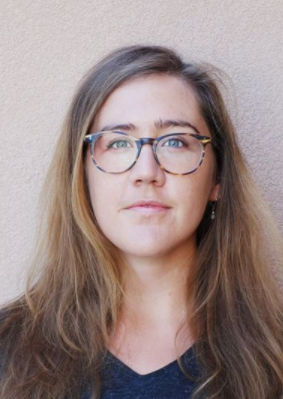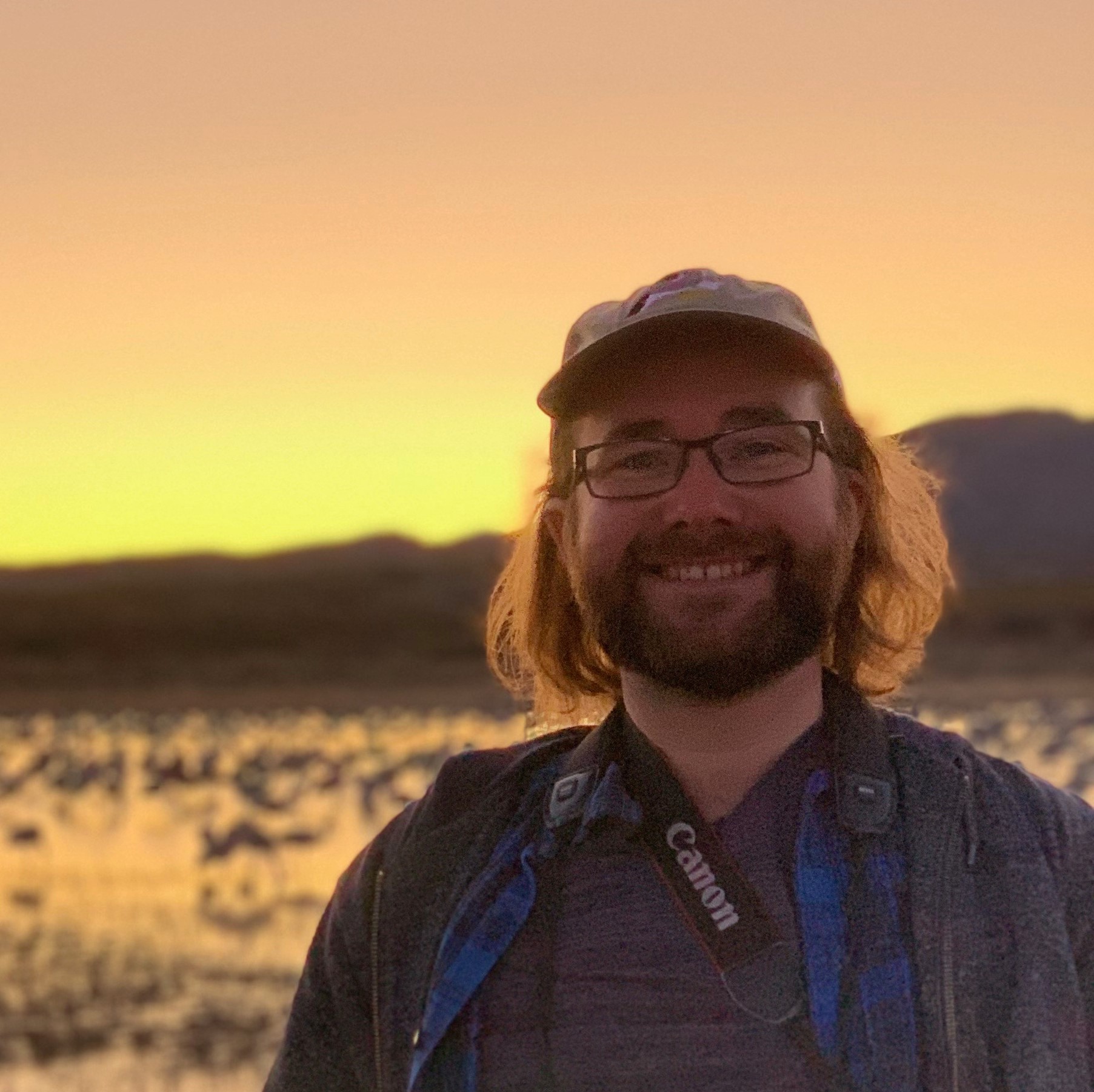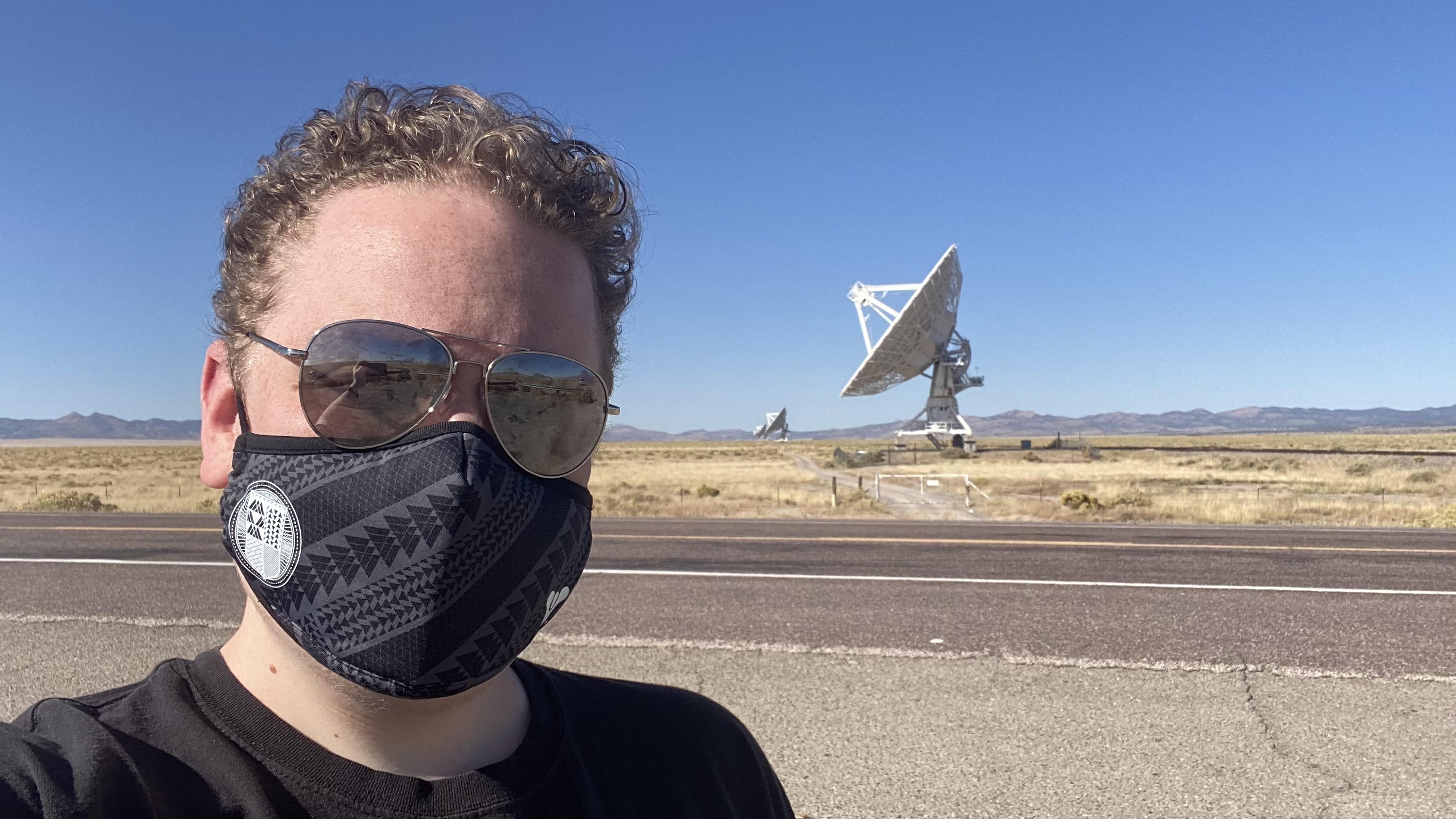Katherine Cosburn, Ethan Gyllenhaal, and Seth Bruzewski join the CARC team
The Center for Advanced Research Computing team will be joined by three new graduate research assistants in the Spring of 2021. Katherine Cosburn, Ethan Gyllenhaal, and Seth Bruzewski will be working to address help tickets and maintain user accounts while they continue their graduate research.

Cosburn would like to learn more about advanced computing throughout her assistantship, explaining, “I use CARC systems so much already, so it would be great to work ‘behind the scenes’ and, also, I would like to learn more about high-performance computing in general.”

Because of the computation power necessary to process genomic data, Gyllenhaal has used CARC as a part of his research. He hopes that his position at CARC will further his understanding of supercomputing systems.
 Seth Bruzewski, a Ph.D. student with the Department of Physics & Astronomy, earned his bachelor’s degree in astrophysics at Michigan State University in 2017. Throughout his academic career, he developed an interest in advanced computing as a way to facilitate the study of astronomy. Bruzewski comments, “I’ve always had an interest in Python, C++, and all of these different ways of programing and making my life easier as a scientist.”
Seth Bruzewski, a Ph.D. student with the Department of Physics & Astronomy, earned his bachelor’s degree in astrophysics at Michigan State University in 2017. Throughout his academic career, he developed an interest in advanced computing as a way to facilitate the study of astronomy. Bruzewski comments, “I’ve always had an interest in Python, C++, and all of these different ways of programing and making my life easier as a scientist.”
Bruzewski’s thesis focuses on using radio frequencies to find, identify, and understand cosmic bodies. Using the Karl G. Jensky Very Large Array observatory, he and his colleagues have been working to demystify regions of the sky that emit unusual radio waves. Data collected using the VLA requires a great amount of computing power, so Bruzewski would like to use CARC resources to process his observations.
Cosburn, Gyllenhaal, and Bruzewski will be supervised by Research Assistant Professor Matthew Fricke.
